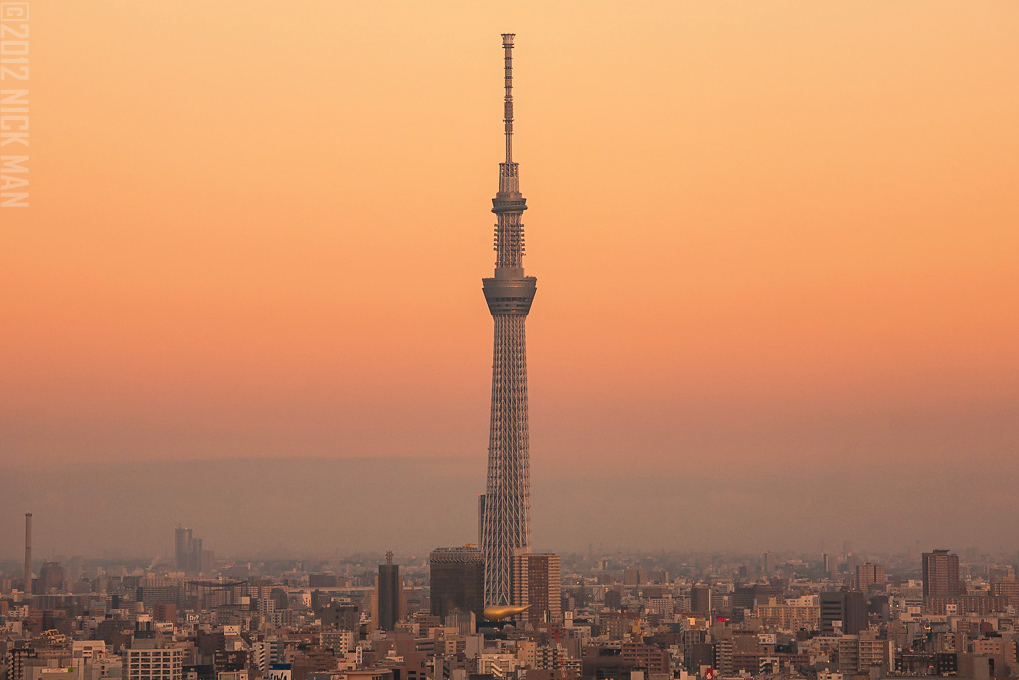
Source: Paul Davidson
All the foreign guest who wishes to enter the country of Japan must pose a valid passport till the duration of their stay in Japan. To enter Japan, guests normally should consent to the states of their visas and approvals of occupant eligibility. In any case, visa exclusions can be made for residents of sixty-six distinct nations given that their stays are inside ninety days, for example, for touring purposes and that they don’t take part in in any activities where they earn monetary benefits. It is compulsory that you hold a visa and passport to travel to any country in the world. Below are some things to know about Japan Visa.
1. Countries That Can Enter Visa Free
As of now guests from 66 nations and regions of the world over are excluded from requiring a visa to enter Japan. This incorporates most European nations, New Zealand, Australia and North America.Whenever a tourist from visa exempted country arrives in Japan, the visitor is granted the permission to stay for 15, 30 or 90 contingent upon the requirements of the guest’s calendar. Residents of Indonesia, Brunei, and Thailand are taken into account 15 days while numerous different nations are permitted to stay for 90 days.
Information
- Check Visa Exemptions Countries – http://www.mofa.go.jp/j_info/visit/visa/short/novisa.html
2. Countries That Requires Visa For Entry
There are numerous countries from where citizen need to have a visa for entering in Japan.These nations incorporate China, Russia, India, the Philippines, Brazil and some other Asian nations, and most Middle Eastern and African nations. Identification photo and an arrival ticket are typically important. Processing of the documents is free of cost, in spite of the fact that there is a charge for the visa itself. Expenses change as indicated by whether the visa is required for travel, one time visit or multiple entries. Guests ought to likewise guarantee that their visa is legitimate for no less than 90 days in accordance with their departure date from Japan.
3. Criteria of Visa Issuance
There are various factors for a Japanese visa to be issued to a candidate when they meet the majority of the accompanying necessities and if the issuance is thought to be appropriate. Following are the main criteria -The candidate has a legitimate passport and is qualified for the reentry to a nation of his/her nationality or a nation of his/her home. All the submitted documents should be complete, authentic and satisfactory. The purpose of their visit to Japan and the time of stay should meet the necessities for the residence in Japan and the time of stay stipulated in govt rules.
Information
- For More Criteria Check – http://www.mofa.go.jp/j_info/visit/visa/procedure/issuance.html
4. Japanese Tourist Visa Requirement
Tourists and Visitors from 66 nations and areas around the globe are excluded from requiring a visa to enter Japan.Citizens of specific nations can enter without visa utilizing a Machine-Readable Passport or an ePassport , not with a paper the only passport. At the point the when a guest from a visa-excluded nation lands in Japan, authorization of stay is allowed for 15, 30 or 90 days , which depends on the reason of the visitor visiting Japan. While tourist from nonvisa exempted countries need to apply for a visa with proper documents to the embassy in their country and should have valid passport and visa on arriving in Japan. They should also pose all the schedule and return tickets with them.
5. Working Japanese Visa Requirement
As a rule, if you are applying visa for working in Japan like to work at a school, college or Japanese organization, candidates need to fill an application in the Japanese embassy in their own country.Visas which permit paid work typically require a Japanese organization, school, college or individual to as a sponsor for the applicant. Documents which are required to apply for working visa are a recent photo, valid passport, valid visa, a letter from your future manager or sponsor expressing your position and expected compensation, a Certificate of Eligibility, a curriculum vitae and duplicates of any important graduation certificated. Working visas are typically conceded for times of 1 year or 3 years.
6. Validity of Japanese Visa
The validity of the visa depends on your purpose of visit to Japan . The time of legitimacy of the single entry visa is a maximum of 3 months. The extension fo validity period of visa in not possible. On the off chance that a foreign national living in Japan wishes to have their time of stay to be increased in Japan, they should counsel with the regional immigration bureau. Multi entry visa can be issued to business travelers, and so on. The validity of these visas is from 1-5 years, and these visas can be utilized any number of times amid their time of validity.
7. Overstaying Your Japan Visa
On the off chance that you are caught overstaying on your Japan visa you might be detained and kept for an undetermined period before being extradited and presented with an official banning request from re-entering Japan for a time of 5 years. In the event that you deliberately show up at an Immigration Office and report your outstay, you ought to more often than not be confined and you will be issued with a Departure Order. In the wake of being issued a Departure Order, you will be banned from re-entering Japan for a time of one year.
8. Fees for Japanese Visa
There is always a fee for visa whichever country you are traveling. For Japanese Visa, the charges are around 3,000 yen for a single entry, 6,000 yen for multiple entries, and 700 yen for a travel visa. Expenses are gathered in the currency of the nation in which the Embassy is located. Fees fo visa depends on your nationality and the purpose of your visit to Japan. On the off chance that the visa is not issued, no charges are required. Processing fees may be required in addition to the visa fees if you are applying through organization acknowledged by the Embassy or Consulate General of Japan.
9. Visa Processing Time
The processing time for Japanese visa issuance is around 5 days from the day after the date of the acknowledgment of the visa application as long as there are no specific issues with the application. It might take less time which depends on the purpose of your visit and the embassy. In the event that there is any issue with the application, the Embassy transmits the application to the Ministry of Foreign Affairs for further checking and authentication of the application. In such applications , the issuance of the visa may take more than a month. If the reason for the visit is to work or long-haul stays, it is prescribed that the visa candidate acquires a Certificate of Eligibility from the provincial Immigration authority in Japan before making a visa application.
10. Resident Cards
According to the new immigrations law in Japan, a Resident Card was introduced which have replaced the Alien Registration Card. For those visitors who have Certificate of Eligibility, a Resident Card will be issued upon landing in the airplane terminal. New Resident Card is issued every time you recharge or change your visa status. Under the new framework, there is no visa stamp in your passport, so your Residence Card is the verification of your visa in Japan. Every visitor holding the resident card is required to report the change of their postage information to the city hall. All the other changes should be accounted for to the Immigration office within 14 days and there is a punishment for not doing as such. A Resident Card is not issued to those with a vacationer visa or whatever another sort of visa that is substantial for 3 months or less.
Tourist must apply for Japanese Visa prior to their departure to the country with proper documents and authentic reasons to travel Japan. There are a number of countries which are exempted from visa so they can just travel to Japan and can get Visa on the airport while a non-exempted country is required to apply for a proper visa.
Have a good trip and travel!














